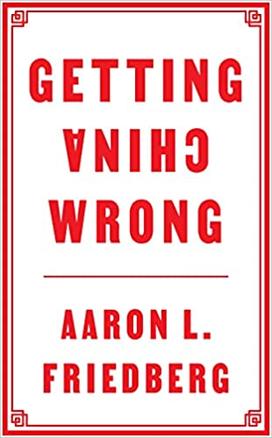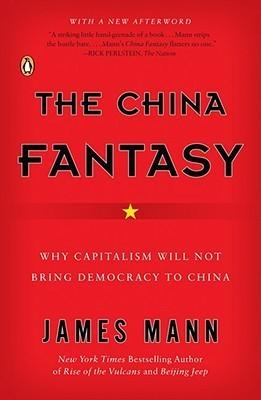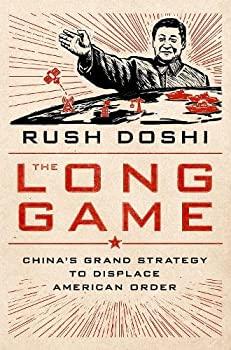Professor Aaron Friedberg on Understanding China

Aaron L. Friedberg is a professor of politics and international affairs at Princeton whose latest book, Getting China Wrong, argues that the world’s democracies have badly underestimated the Chinese Communist Party: It is becoming more repressive internally and increasingly aggressive toward the West, all while relentlessly seeking to replace the U.S. as a world leader. PAW asked Friedberg to suggest three additional books for readers who want to understand China. Here’s what he said:

The China Fantasy: Why Capitalism Will Not Bring Democracy to China (2007)
By James Mann
For the better part of three decades, U.S. policy towards China has been based on the assumption that expanding trade and investment with that country would promote its economic and political liberalization. One of the first observers to question this conventional wisdom was James Mann. Having worked as a journalist based in Beijing, Mann became convinced that China’s Communist Party rulers had no intention of relaxing their grip on political power. Mann’s book is a brief but scathing indictment of those who, despite mounting evidence, took far too long to acknowledge this unpleasant reality.

China’s Eurasian Century? Political and Strategic Implications of the Belt and Road Initiative (2017)
By Nadège Rolland
This influential book was the first serious study of China’s Belt and Road Initiative (BRI). Digging deep into the writings of Chinese policymakers and strategists, Rolland concluded that, far from being merely a grab bag of unrelated overseas construction projects, the initiative was actually the centerpiece of an ambitious new strategy for transforming China into a leading global power. Rolland demonstrates conclusively that, in addition to building roads, railways, and ports, BRI is intended to lay the ground for a new, Sino-centric international order.

The Long Game: China’s Grand Strategy to Displace American Order (2021)
By Rush Doshi ’11
Another book that challenges some widely held views on China. Through a careful reading of articles, speeches, and official documents, Doshi (a Princeton undergraduate and now an official in the Biden administration) traces the evolution of a consistent, coherent Chinese grand strategy from the end of the Cold War down to the present. Doshi argues persuasively that China’s increasingly aggressive behavior, and the expanding scope of its aims, are driven by the Communist Party leadership’s collective assessment of trends in the global balance of power rather than by the personalities of individual leaders.











1 Response
Norman Ravitch *62
3 Years AgoWrong About China?
Professor Friedberg thinks we have been wrong about China. Is that in fact true? Most of us, informed and uninformed people, know China is ambitious, is disingenuous, sends us products that are inferior or in the case of children’s toys actually poisonous, genocidal towards Central Asian Muslims, untrustworthy in the case of Hong Kong and Taiwan, and an adversary we tried but failed to restrain during the Korean War. I do not know whether MacArthur or Truman was more to blame for our inability to drive the Chinese out of North Korea altogether.